
Can Switzerland help make the UN more democratic?

The United Nations is facing a democracy deficit. As a prospective member of the powerful Security Council, Switzerland is keen to play an active role in reform efforts.
At the end of April the General Assembly, the most important decision-making body at the United Nations, came to a stunning, unanimous decision: all 193 member states agreed that from now on a veto in the Security Council must always trigger a debate in the General Assembly.
“This is a call to limit the use of the veto when a permanent member of the Council exercises this right,” said Swiss ambassador to the UN, Pascale Baeriswyl. “This decision is the fruit of two decades of work for a more transparent and effective Security Council.”
This display of consensus comes as a surprise. In the midst of Russia’s war of aggression against Ukraine – an act that violates international law – the UN has shown itself to be as divided as ever. On the 15-member Security Council, Russia has made use of its veto power repeatedly in recent weeks, thereby hobbling any action by the council, which has the job of ensuring peace and security in the world. In future, Russia will have to explain itself before the General Assembly when it uses its veto – as will the four other veto-holding powers China, France, Britain and the United States.

More
What would Switzerland gain from a seat on the UN Security Council?
René Schwok, a professor of international relations at the University of Geneva, speaks of “a major success for smaller UN member states like Switzerland and Liechtenstein”. It was in fact the tiny principality that put forward the resolution.
“We ended up with 80 co-sponsors,” says Liechtenstein’s UN ambassador, Christian Wenaweser, who added it showed “progress for multilateralism and a first step for further innovation” in the world organisation.
This attempt at reform was not an isolated one. For years states such as Switzerland have tried to solve democracy deficits at the UN and rein in veto power. In response to a question raised in parliamentExternal link in 2019, the Swiss government said it welcomed any discussion about modernising and strengthening the UN, and that included democratisation. In 2020 it presented a reportExternal link on democratisation to the UN.
At the domestic level, however, the government has found it difficult to involve parliament and the population in determining priorities and positions to adopt on the Security Council, which it hopes to join as a non-permanent member for the 2023-2024 period following a vote at the General Assembly in June. Legally speaking, Swiss citizens have no direct say in foreign policy.
Under the Swiss constitution, the Federal Council (executive body) is responsible for foreign affairs. It speaks on behalf of Switzerland to the rest of the world and signs treaties. Parliament gets to approve some agreements, but others are the sole responsibility of the government.
According to the ParliamentExternal link Act, the Federal Council must keep the parliamentary committees on foreign affairs regularly informed and consult them on important matters. Parliament thus has a right to information and consultation on foreign policy. The foreign affairs committees may make a recommendation or state a point of view. The government, however, is not obliged to adopt any of it and can ignore it without stating a particular reason.
From a purely legal point of view, the people and civil society have no direct say in foreign policy. Only when international treaties need to be approved do voters the right of veto: a referendum can be called.
The Federal Council will involve the cantonsExternal link in foreign policy when decisions affect their areas of competence or legitimate interests. According to the constitution, the government must inform the cantons and seek their opinion.
Nevertheless, the government would need to consult the chairpersons of the foreign affairs committees of the two houses of parliament if the Security Council – with Switzerland as a member – were to decide on sanctions or authorising military action. The cabinet also intends to keep the Swiss people regularly informed about the country’s voting record in the Security Council, though only after the fact. There are plans to involve civil society as well in the affairs of the council, as Norway is already doing to some extent.
By doing this, Switzerland is going against the grain.
“Historically, in all nations, foreign policy has been a matter for the executive,” says international law scholar Anna PetrigExternal link of the University of Basel. The Swiss parliament obtained extensive rights to make itself heard only with the approval of a new constitution in 1999.
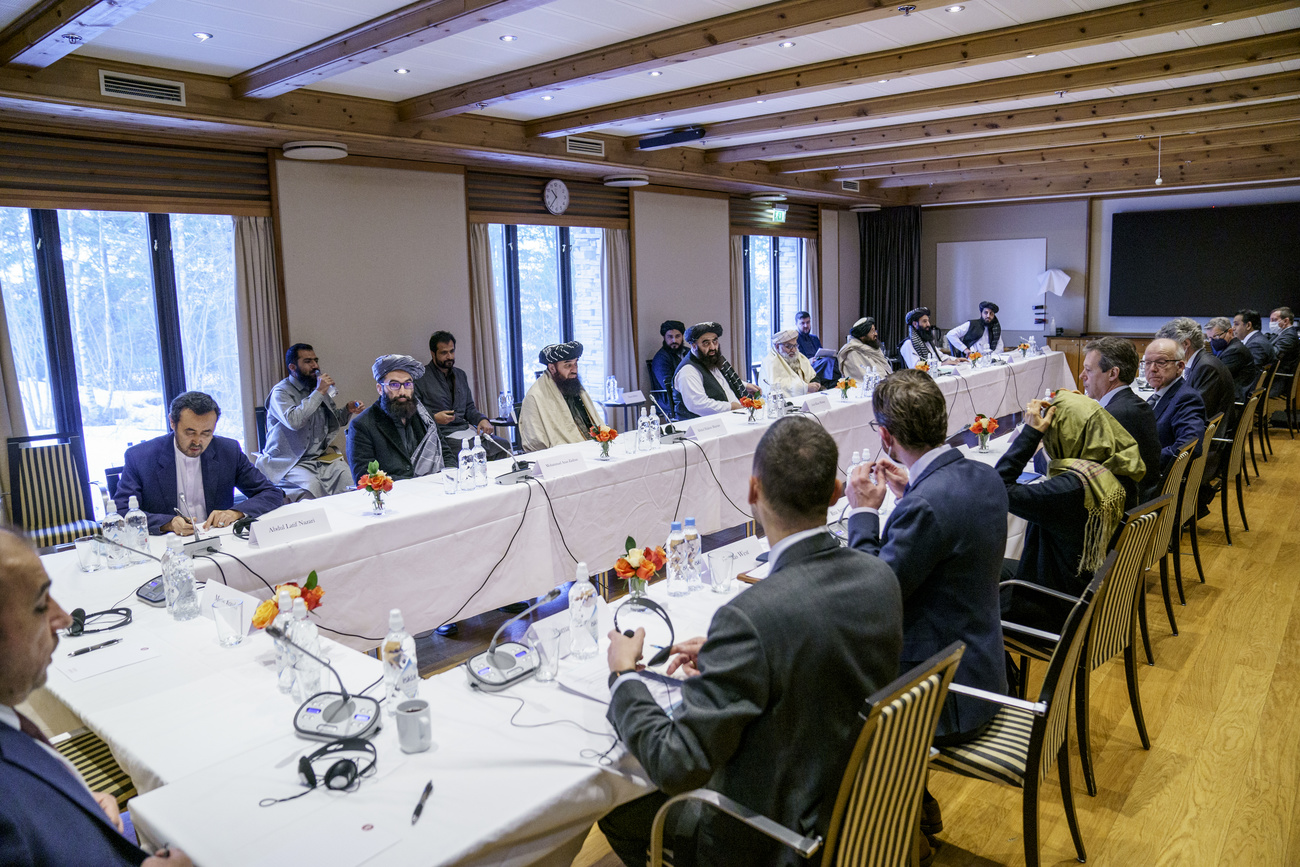
More
UN Security Council: how small states skilfully play their cards
In most countries, government monopoly of foreign policy has long found tacit acceptance. Yet two new global trends have given rise to controversy.
First, issues are being increasingly regulated under international law – though not just at the UN – which in turns means the political decision-making power of national legislatures is shrinking. That’s because setting norms under international law is a matter for governments.
“Parliaments have been noticing that some matters are passing right out of their hands because more and more issues are being internationalised,” notes Petrig.
Second, so-called “soft law” solutions like non-binding agreements, declarations of intent and guidelines, which don’t require the usual time-consuming legislative processes, have gained in favour. One example is the controversial UN Migration Pact, which sets standards for dealing with migrants.
“The Migration Pact turned out to be a wake-up call on soft law in many countries,” says Petrig, who wrote a legal opinionExternal link for Switzerland on parliamentary involvement in soft law matters.
‘Candidacy brings issue into focus’
Internationalisation means that voters and parliaments lose influence while governments gain more decision-making power. In Switzerland this is nothing new, but Petrig believes that the issue is finally coming to the fore.
“The candidacy for a seat on the Security Council is really bringing the issue of the right to participate into focus,” she says.
It would be a win for the people if the agenda of the UN could be decided through more democratic processes. Efforts in this direction are already underway. As part of a series of public debatesExternal link on the occasion of the 75th anniversary of the UN in 2020, a proposal for a World Citizens’ InitiativeExternal link was born.
“People should have a voice at the UN in future,” said Jamaican parliamentarian Angela Brown Burke at the launch of the proposal. So far, parliamentarians from 40 member states and more than 200 civil society organisations are supporting the initiative.
More
For international law expert Petrig, this world citizens’ initiative cannot solve all problems.
“There are hundreds of international organisations out there – not just the UN – and the whole system is quite fragmented,” she says.
Decision-making takes a variety of forms – from experts in an “old boys’ club” drawing up a handbook that becomes a standard bearer just because no alternatives are available, to highly formalised processes with public debates, as was the case for the Migration Pact.
“So, it’s hard to say what’s the best way of integrating the participation of parliaments,” Petrig concedes. Still, there is a growing international trend towards more transparency and participation, she adds.
This includes the recent decision of the General Assembly on Security Council vetoes. According to René Schwok at the University of Geneva, this marks “a first step” on the way to a more democratic world organisation.
Translated from German by Terence MacNamee
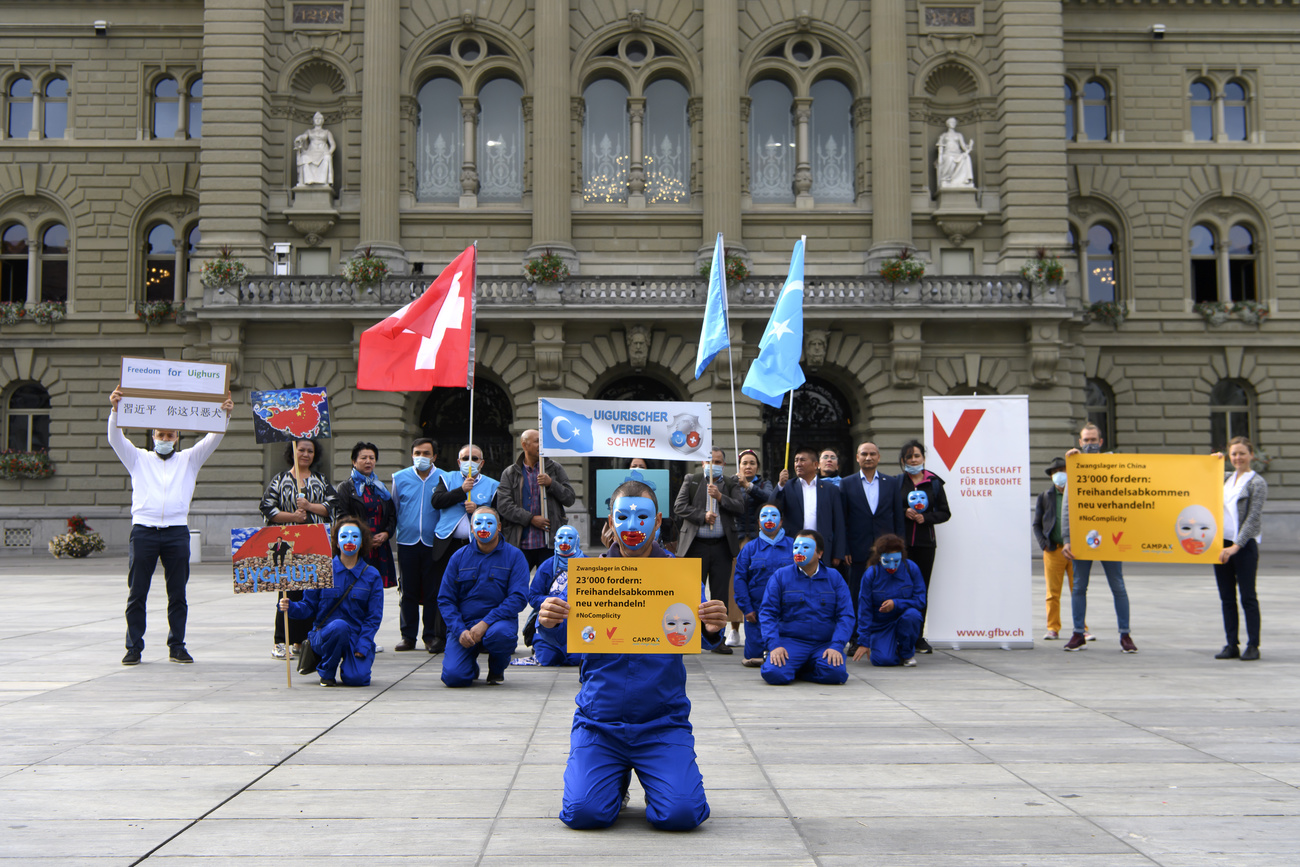
More
Will Switzerland be able to bring its ideals to the UN Security Council?

In compliance with the JTI standards
More: SWI swissinfo.ch certified by the Journalism Trust Initiative



















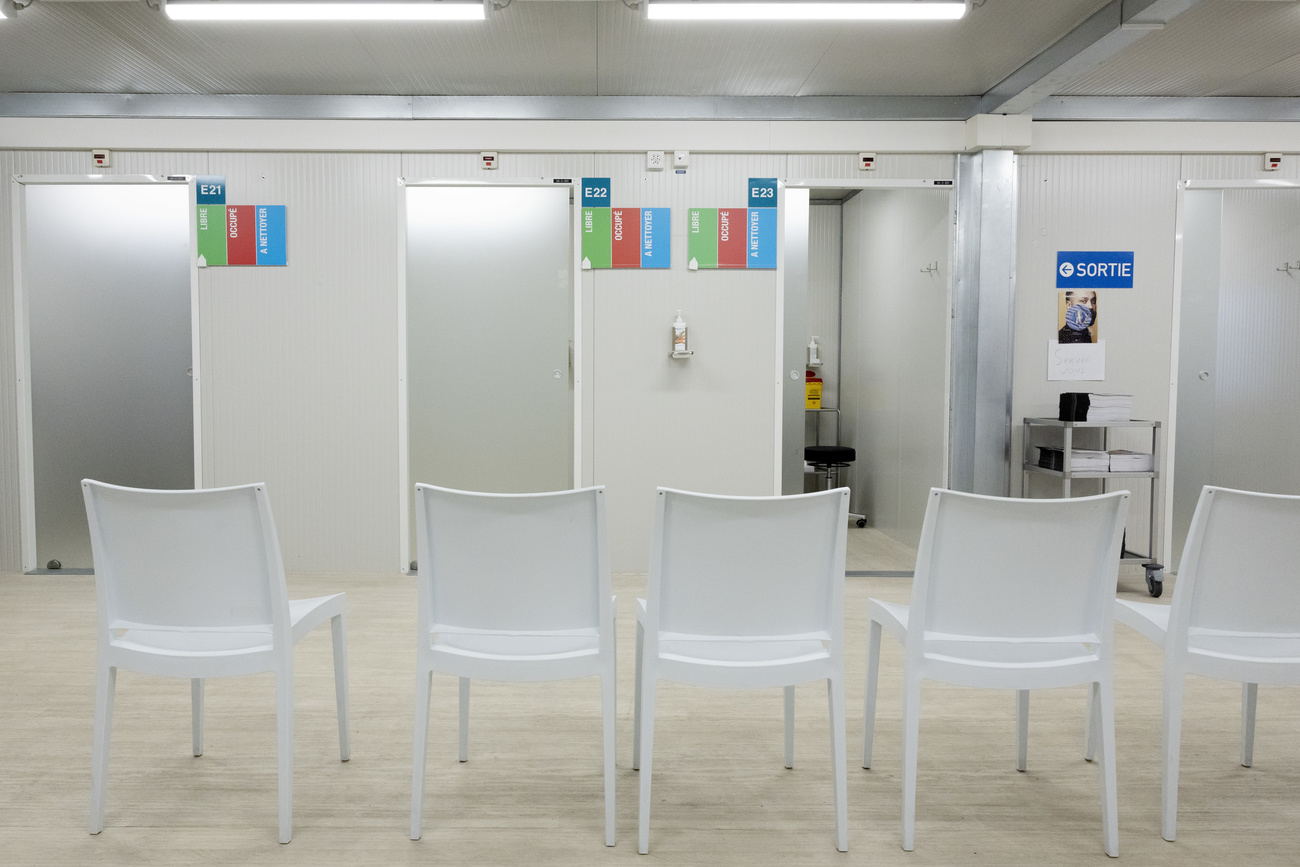

















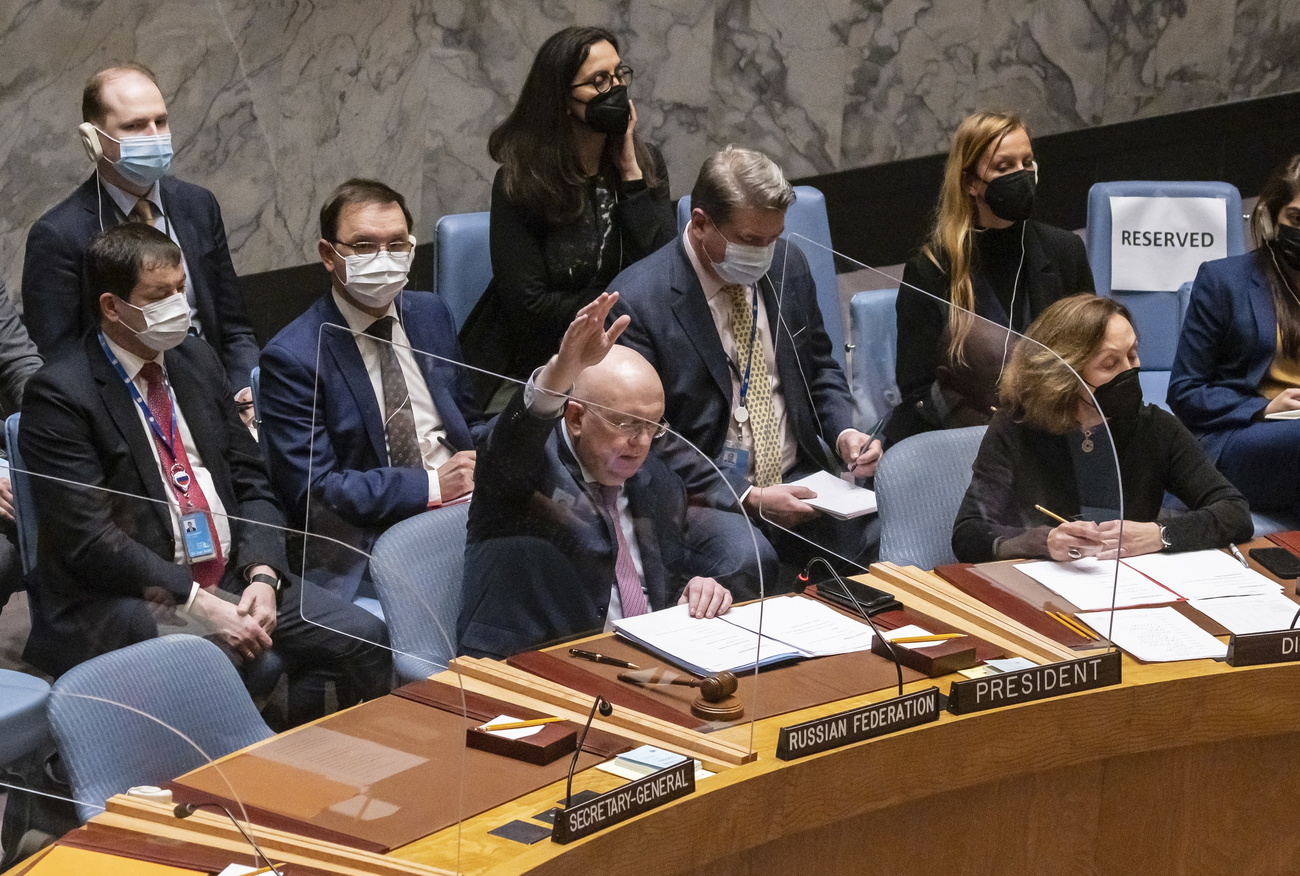
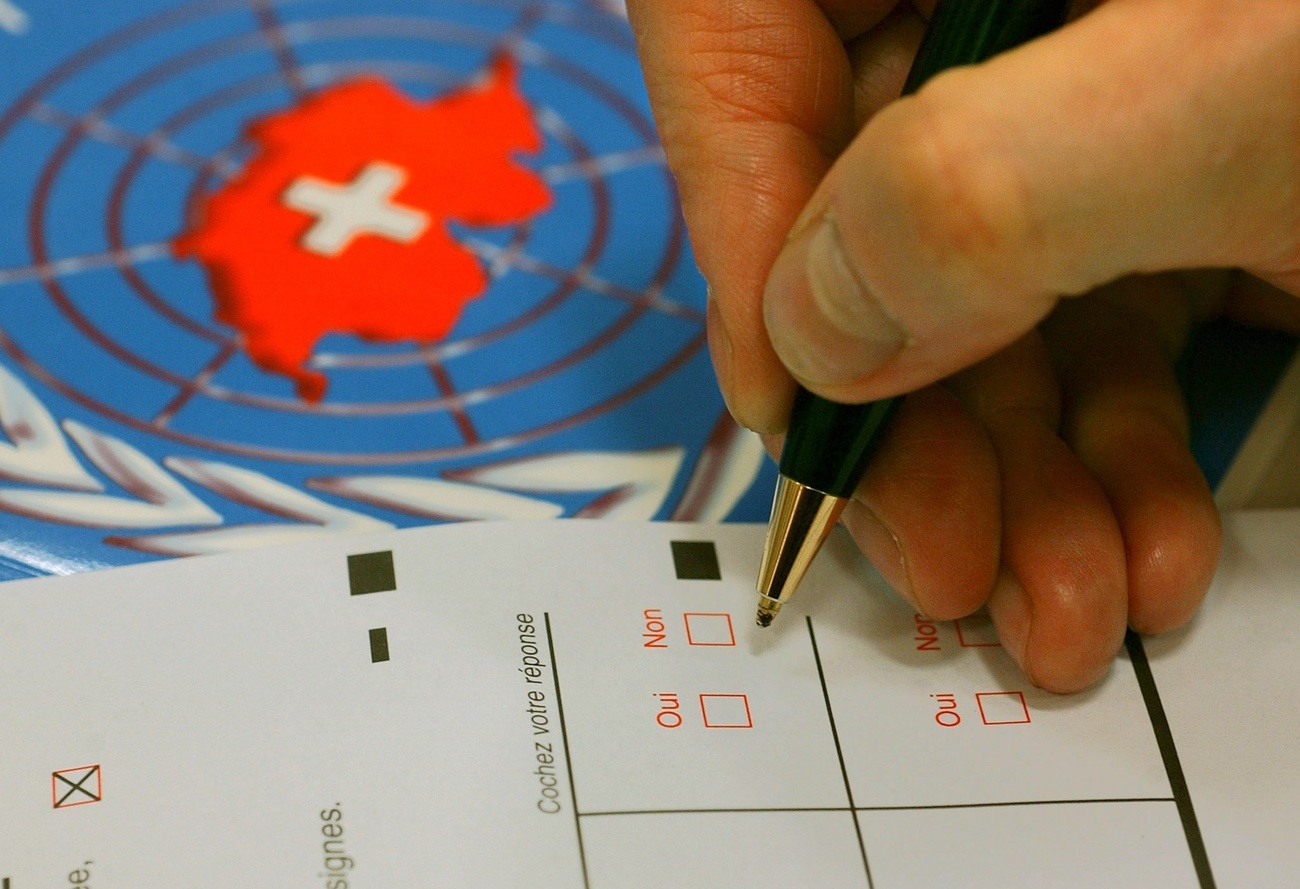
You can find an overview of ongoing debates with our journalists here . Please join us!
If you want to start a conversation about a topic raised in this article or want to report factual errors, email us at english@swissinfo.ch.